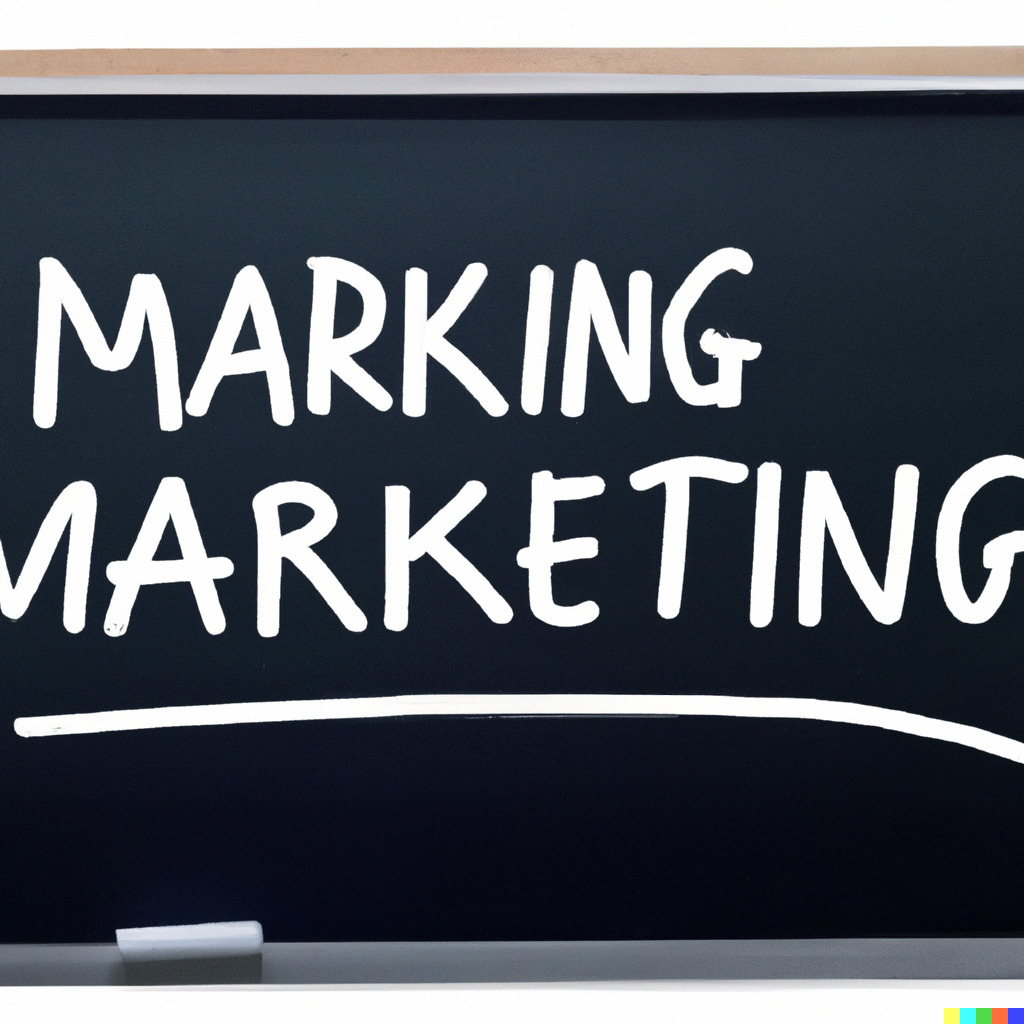The Critical Role of Marketing in Business Success
In today’s fast-paced, globally connected economy, establishing a business is only half the battle. The other half? Making sure people know about it and choose it over a sea of competitors. Enter the realm of marketing – the art and science of promoting, selling, and distributing a product or service. Let’s explore why marketing is not just an afterthought but a critical cog in the business machinery.
1. Building Brand Awareness
Before a customer chooses your business, they must first be aware of its existence. Marketing casts a spotlight on your business, ensuring it is seen and remembered. Whether it’s through digital ads, social media, or traditional billboards, consistent and targeted marketing efforts help etch your brand into the minds of potential customers.
2. Establishing Trust and Credibility
Customers want to associate with brands they can trust. Through transparent marketing strategies, such as testimonials, reviews, and content marketing, businesses can portray themselves as reliable entities in their industry. Over time, this credibility translates into customer loyalty, ensuring that clients keep coming back.
3. Engaging with Customers
The modern customer isn’t a passive entity; they wish to engage, communicate, and feel valued. Marketing, especially digital marketing, offers interactive platforms for businesses to communicate with their audience, gather feedback, and address concerns. This two-way conversation strengthens customer relationships and fosters brand loyalty.
4. Understanding the Market and Audience
Marketing isn’t just about outward communication; it’s also a tool for listening. Through market research and data analytics associated with various marketing campaigns, businesses gain invaluable insights about their target audience, emerging market trends, and areas of improvement. This intelligence drives innovation and adaptation, ensuring the business stays relevant and competitive.
5. Boosting Sales and Revenue
At its core, marketing drives sales. By increasing visibility, establishing trust, and engaging with customers, marketing nudges consumers towards making a purchase. A well-executed marketing campaign can offer an impressive return on investment, making it an essential tool for revenue generation.
6. Setting You Apart in a Competitive Landscape
With numerous businesses vying for consumer attention, differentiation becomes crucial. Marketing provides a platform for businesses to highlight what makes them unique, be it their values, product quality, innovation, or customer service. This differentiation ensures that when customers are ready to purchase, it’s your business they think of first.
7. Educating the Customers
An informed customer is more likely to make a purchase. Through content marketing, seminars, webinars, and other educational marketing strategies, businesses can provide potential customers with the information they need about products or services. This not only helps in decision-making but also establishes the business as an industry expert.
Conclusion
Marketing, in many ways, is the bridge between a business and its potential customers. It’s how a business communicates its value, establishes its credibility, and convinces customers of its worth. In an age of information overload, where consumers are bombarded with choices, neglecting marketing can be a grave oversight. For businesses to not just survive but thrive, a robust marketing strategy isn’t optional – it’s indispensable.

















